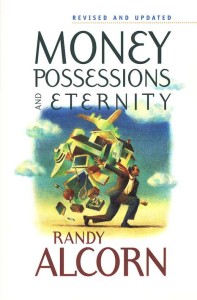Powerball’s Effect on Scammers

Of course, maybe if one of the scammers captured their share, they could afford to take English lessons. Imagine someone purporting to be from a law firm starting his letter with one sentence that ought to have been divided into five. A sentence that included this gem: “Police got him drug Methamphetamine (sic) death sentenced an American Citizen… (sic).” There’s more, but you get the idea.
Lottery Scams
Somewhere, such scams must pay off or con artists wouldn’t keep trying. Yet, while they are dressed up in the fashion clothes of state-sanctioned operations, sparkling TV shows, and breathless news coverage, I consider state lotteries as cut from the same cloth.
The famous tagline, “You can’t win if you don’t play” ought to be rephrased, “It takes a million suckers to come up with one big winner.”
The sad truth about lotteries is reflected in the old 80-20 rule: 80 percent of the money is gambled away by 20 percent of the victims. Money that should pay utility bills and buy groceries and shoes for the kids.
It’s the uneasy fuller picture to lotteries, casinos and horse (and dog) racing that few gambling advocates want to acknowledge.
Warding off the Wolves

Aside from the moral issue, though, is the gruesome reality that awaits lottery winners. It would be one thing if winners could shield themselves from scam artists, beggars, thieves and phony investment advisers. But since most states require public acknowledgement of the winners (actually, a good thing, since privacy is an invitation to corruption), hiding out is impossible.
Just fending off the curiosity seekers and money grubbers appears to be a full-time job. In a recent story about the Powerball prize, the Chicago Tribune told of a man who won $40 million in 1984—then the largest jackpot ever handed out to an American.
He told the newspaper of throngs of teenage girls gathering on his front lawn after the announcement, a stranger sending bomb threat, and more than 1,000 people mailing letters asking for a share of the cash.
“I had a lady who wrote me a 21-page typed letter and said she was down to her last $20, but she sent it to me (by) registered mail,” he said. “It cost her $19 just to send the letter.”
Can’t Take it With You

This lust for money brings out a deeper truth, one I’ve been reminded of recently reading the second edition of Randy Alcorn’s classic, Money, Possessions, and Eternity. The finding that caught my eye was how the richer most people get, the further away they drift from God.
Alcorn drives home the point that every would-be lottery dreamer should remember: in the end, you can’t take it with you. Only money invested in the lives of other people and helping them reach their eternal destiny will last.


